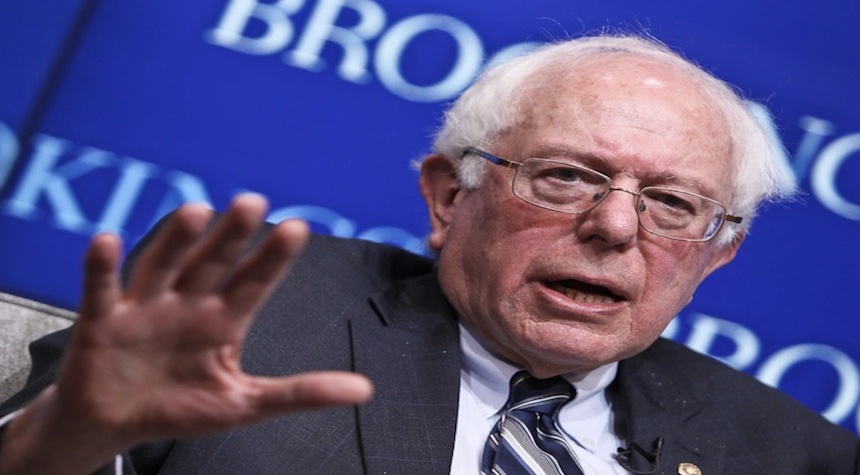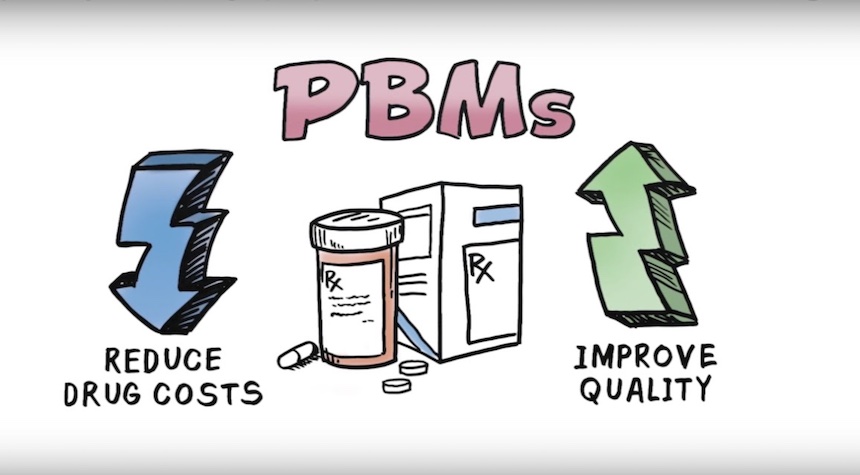According to a report by the Office of Inspector General of the Department of Labor, the federal government spent $321.3 million of our tax dollars in excess on prescription drugs over a six-year period due to the lack of pharmacy benefit managers. This new, striking data show how PBMs can be an effective mechanism in the private sector to reduce healthcare costs.
Unfortunately, Senator Bernie Sanders (I-VT), through his Pharmacy Benefit Manager Reform Act, is trying to get the government involved in the success PBMs. This bill, which he has been promoting for years, would lead to a government-run healthcare system, with higher prices and poorer patient outcomes.

Over 275,000,000 Americans have drug plans administered by PBMs, which has resulted in substantial savings and benefits. PBMs negotiate on behalf of large groups, such as employers, to secure substantial discounts from pharmaceutical companies. These savings are passed on to health plan sponsors, and then patients. This amounts to an average savings of $1040 per patient annually. PBMs can further increase their cost-saving capabilities by utilizing tools like formularies and drug usage reviews. This leads to improved medication adherence and fraud prevention. As highlighted in the DOL IG Report, this capability can prevent costly and potentially deadly consequences.
The effectiveness of PBMs to lower drug costs and improve healthcare outcomes has been proven in numerous reports (and throughout history). In the 1980s, PBMs expanded rapidly and played a key role in negotiating lower prices for drugs with manufacturers and pharmacies. This was beneficial to both employers and consumers. The Government Accountability Office’s 2019 Medicare Part D report highlighted how PBMs, by negotiating rebates and price concessions with manufacturers and pharmacies, helped lower healthcare costs, benefiting Medicare patients.

PBMs are a valuable tool, but some members of Congress want to increase government interference and red tape in the healthcare market, which could undermine their negotiating power. The PBM Reform Act allows government bureaucrats the power to set healthcare prices. This could lead to a shift to government-run healthcare, which may harm patients.
The DOL IG’s report on the dire financial and individual consequences should be a wake-up to policymakers. Congress should not interfere with private healthcare’s successes, but instead embrace the expansion of PBMs in order to encourage competition and innovation. PBMs are able to lower drug costs, improve the quality of healthcare and reduce overall costs. This is good for all Americans. PBMs have the expertise and negotiating power to manage healthcare costs. Government intervention is not necessary.

The PBM Reform Act does not solve the problem of healthcare cost management. The bill’s stated goal of reducing drug costs would be the exact opposite of what it achieves. Congress should instead embrace the facts and encourage the expansion of PBMs in order to create an environment that fosters innovation, competition, and better healthcare for all Americans. The cost of healthcare is soaring and now is the time to unleash PBMs’ power and transform our inefficient system.


